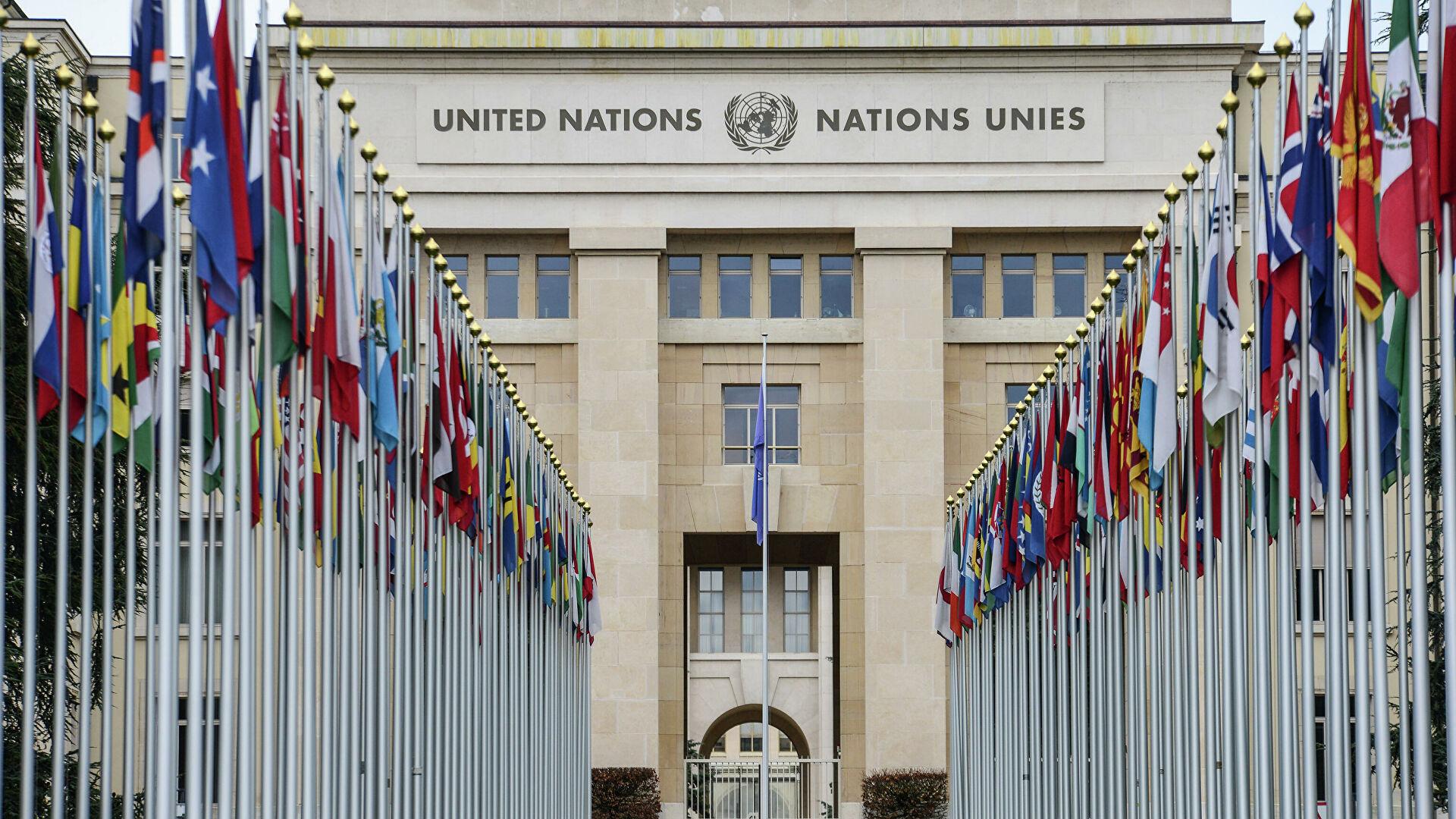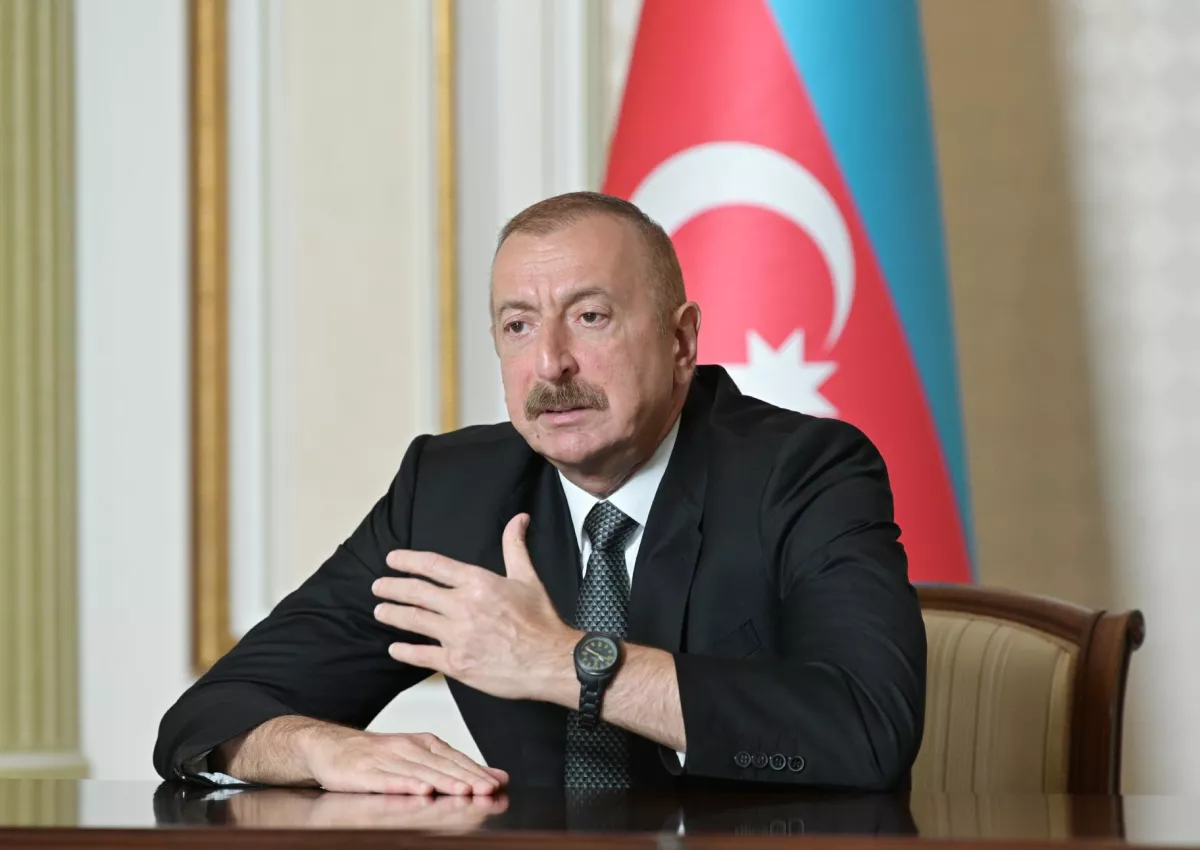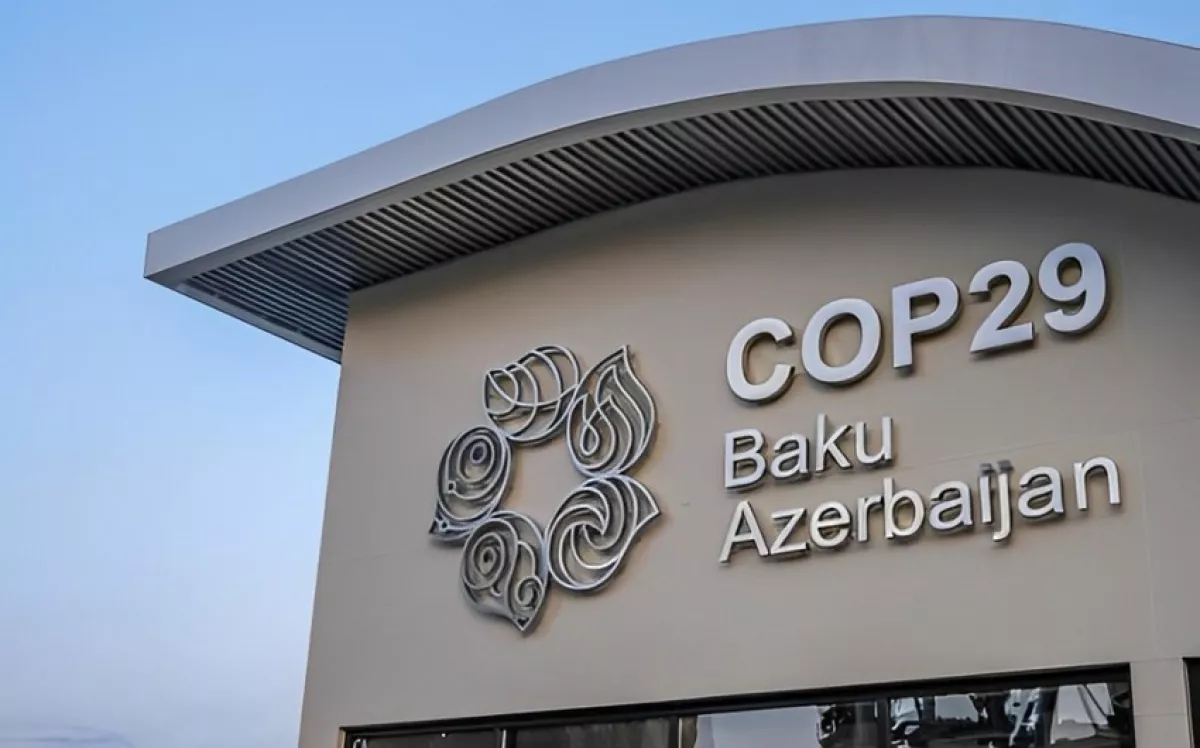The boomerang effect of global diplomacy Lammy, Barrot, and the missing piece
At the end of last week, the foreign ministers of the United Kingdom David Lammy and France Jean-Noël Barrot jointly published an article outlining their perspectives on global affairs. This type of presentation of the UK’s official stance on world events by Lammy is not new, and Caliber.Az had previously provided a detailed analysis of the key points in his article from September 2024, where he examined specific aspects of modern geopolitics. At that time, we highlighted one significant detail: Lammy's mention of the historical fact that Azerbaijan had liberated territory which "it lost in the early 1990s" sparked strong negative reactions from several Western politicians, experts, and journalists.
Given this context, we awaited with interest the release of Lammy's new articles on the pressing nuances of global geopolitics, especially since he had announced his intention to address these issues. However, the nuance here is that, this time, Lammy presented his perspective on world events in collaboration with Barrot. Therefore, it is not surprising that the South Caucasus region was not directly addressed. However, indirectly—whether one agrees with this or not—this geographical direction was highlighted, which we will now attempt to explore.
The primary focus of the UK and French foreign ministers was the Russia-Ukraine track, where they strongly condemned attempts to "rewrite the international order " by destroying the "global architecture that has been the cornerstone of international peace and security for generations." Following this, Lammy and Barrot described the events in Ukraine as "nothing short of the largest violation of territorial integrity of our time." This raises the first question: why was France, as a permanent member of the UN Security Council, not as uncompromising in its statements when international law was openly violated for decades with regard to the violation of Azerbaijan's territorial integrity, especially considering the four (!) UN Security Council resolutions calling for the deoccupation of Azerbaijan's historical lands by Armenia's armed forces? Moreover, over the past four years, Paris has repeatedly tried to push through anti-Azerbaijani resolutions of various kinds at the UN Security Council, which, by the way, often faced opposition from London.

However, this aspect can also be viewed from a different perspective. One cannot help but agree that if world leaders had been more active in taking real steps to restore Azerbaijan's territorial integrity, similar situations might not have arisen in other geographic regions. As Lammy and Barrot state, violations of international law "in countless ways" create "risks not only for European security but for global peace as a whole," since "a new precedent that upends the rules-based international system, whereby countries feel they can invade their neighbours with total impunity." In light of what the two ministers have stated, the following question arises: doesn’t what they outlined actually originate in the South Caucasus decades before this event, rather than in the heart of Europe?
Continuing to explore the points made in Lammy and Barrot’s article, one encounters the following statement: “Learning from history, we believe that international relations should be grounded in justice.” What a brilliant and profound thought! Yet, once again, a significant question arises: why has the historical justice advocated by members of the UK and French governments not been considered obligatory in the Azerbaijani context for decades?
For a more comprehensive understanding of Azerbaijan’s situation, it is worth referencing the remarks made by the country’s president, Ilham Aliyev, in February of this year: “Ukraine seeks to restore its territorial integrity. Germany and other countries are sending weapons to Ukraine. You all declare that Ukraine must ensure its territorial integrity. But what about our territorial integrity?! Is our issue less important than the issue of Ukraine? After the restoration of our territorial integrity and sovereignty, the Parliamentary Assembly of the Council of Europe adopted a decision to suspend our delegation of voting rights. The norms of international law are on our side.”
President Aliyev also emphasized that Azerbaijan has not taken any actions different from what other countries do to secure their territorial integrity and sovereignty. However, as he pointed out, “double standards have become commonplace for several international institutions, including the European Union.”

Couldn't have said it better. Against this backdrop, attention must be drawn to Lammy and Barrot's emphasis in their article on the efforts by London and Paris to "We will step up action on climate change through the implementation of the Paris Agreement. Ten years after its adoption, we will keep pushing for the highest possible level of ambition, on the road to COP30 in Belem."
This raises an intriguing question: if this crucial issue has been acknowledged, why, unlike UK Prime Minister Keir Starmer, was Paris not represented at COP29 in Baku? Moreover, why did France issue provocative statements regarding the UN summit? Additionally, why wait an entire year for COP30 in Brazil when the platform in Baku presented a real opportunity to accelerate the adoption of concrete measures to combat climate change—a prospect France declined to engage with?
What moral ground, then, does Barrot stand on when endorsing the phrase about London and Paris ensuring a reduction in the "digital divide between developed and developing countries"? If France is so deeply committed to addressing the digital divide between the Global North and South, why did the French Minister for Ecological Transition, Energy, and Climate, Agnès Pannier-Runacher, choose not to attend COP29 in Baku, where critical decisions in favour of developing nations were being discussed?

And here’s another point. Lammy and Barrot noted the unity "in their positions" when it comes to upholding humanitarian law. However, why then have they not reviewed the information provided by the Azerbaijan Mine Action Agency (ANAMA), which reports that from November 2020 to mid-September 2024, 379 citizens of Azerbaijan were injured by landmines (70 of them fatally, while 309 sustained varying degrees of injury)? Does the mine crisis in Azerbaijan not qualify as a humanitarian emergency? Or is it invisible from Paris, but visible only from London, which has made some contribution to addressing the landmine issue in Azerbaijan?
Without a doubt, even the points highlighted in this article clearly indicate the anti-Azerbaijani stance of the French side. Yes, the article we refer to was published under the signatures of the foreign ministers of the UK and France. However, as we have emphasized, while London, in some instances, has shown a degree of acceptance of the evolving realities in the South Caucasus, Paris has remained—and continues to remain—far removed from understanding the situation in Karabakh. Perhaps forgetting that throughout history, the law of the boomerang has always applied.
Azerbaijan firmly demonstrates its geopolitical competence, loudly raising its voice in defence of the oppressed, including through the activities of the Baku Initiative Group. Let Paris be assured—Azerbaijan will not deviate from its path!








